As you explore this Yale Alumni Academy program, African American Civil Rights: From Reconstruction to Right Now, you'll experience a story that spans from the end of the Civil War through today. This program features four themes: Reconstruction, Rights, Revolution and Right Now, explored through online museum exhibits, videos, collections from Yale's archives, virtual visits to historical sites around the country and live events.
Right Now
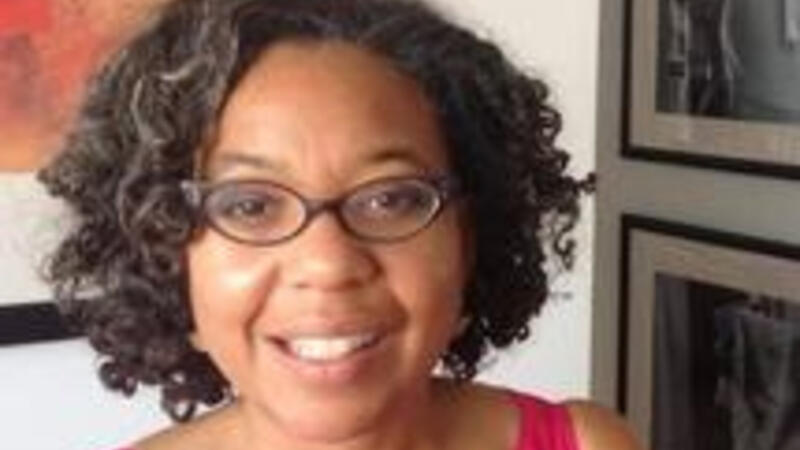
Professor Daphne A. Brooks discusses her highly lauded new book Liner Notes for the Revolution: The Intellectual Life of Black Feminist Sound with Professor Matt Jacobson as part of the "Democracy in America" series @ the Virtual New Haven Free Public Library. With an innovative perspective on the story of Black women in popular music—and who should rightly tell it—Liner Notes for the Revolution pioneers a long overdue recognition and celebration of Black woman musicians as radical intellectuals. Available on-demand.
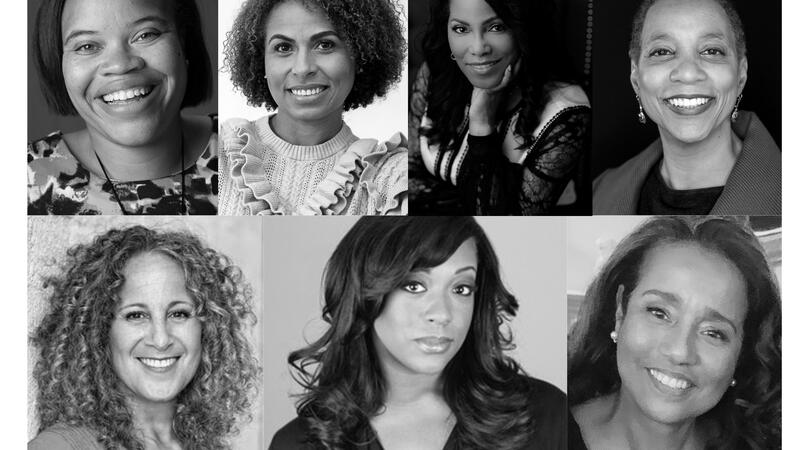
Yale Alumni College co-sponsors this conversation with the daughters of artists and activists who were on the front lines of the Civil Rights Movement: Harry and Julie Belafonte, Diahann Carroll, Ruby Dee and Ossie Davis, Bill Lynch, Al Sharpton, Malcolm X and the granddaughter of Percy Sutton, moderated by Yale Associate Professor of African American Studies, History and American Studies Crystal Feimster. Available on-demand.

Look inside the soon-to-be-open International African American Museum in Charleston, S.C., with COO Elijah Heyward III '07. The museum’s exhibitions will share untold stories, and themes will include connections across the African diaspora, the spread of African American culture and influence, and the movements for justice and equality. The Center for Family History will enable visitors to trace their genealogy. Available on-demand.

The National Portrait Gallery’s collection is home to more than 1,000 portraits of African American history-makers. From eighteenth-century poet Phillis Wheatley to former First Lady Michelle Obama, discover portraits of African Americans whose lives and achievements have contributed to the history and development of our nation including a new portrait of President Barack Obama by Yale alum Kehinde Wiley '01.
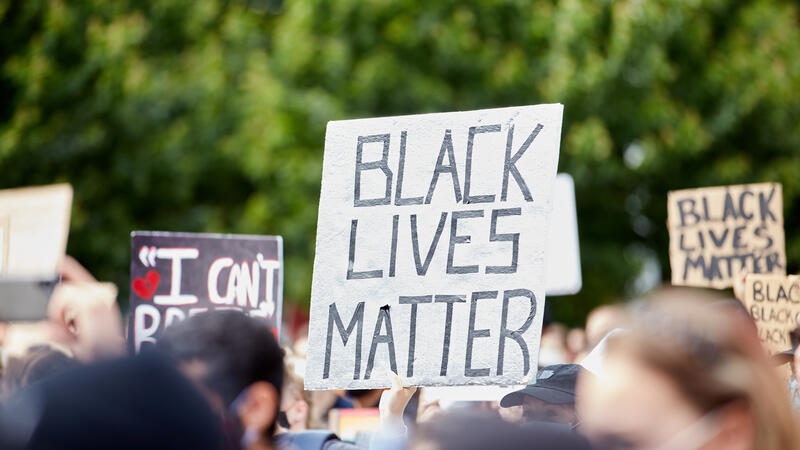
Contemporary History: Black Lives Matter Protests
This slideshow features the images of photographer Jake Hardy, who attended the Black Lives Matter protests in Manchester, UK during May and June 2020. On Sunday 31 May 2020, Jake took a series of 66 images at the protests.
People's History Museum Exhibit
Guide to Black Lives Matter at the Yale Library
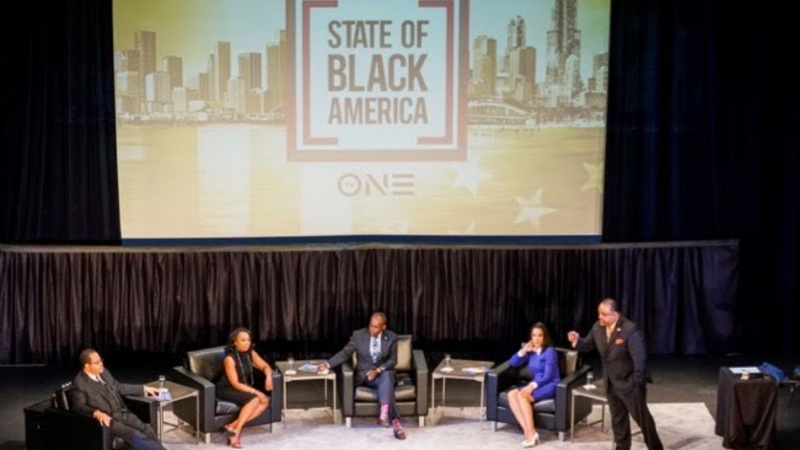
The State of Black America® is the signature annual reporting of the National Urban League. In response to the inequality Africans experienced from reconstruction to the Civil Rights Movement of the 1960s, the National Urban League launched its first State of Black America® report in 1976.This exhibit explores the past findings of the report with videos and insightful stories from the community.
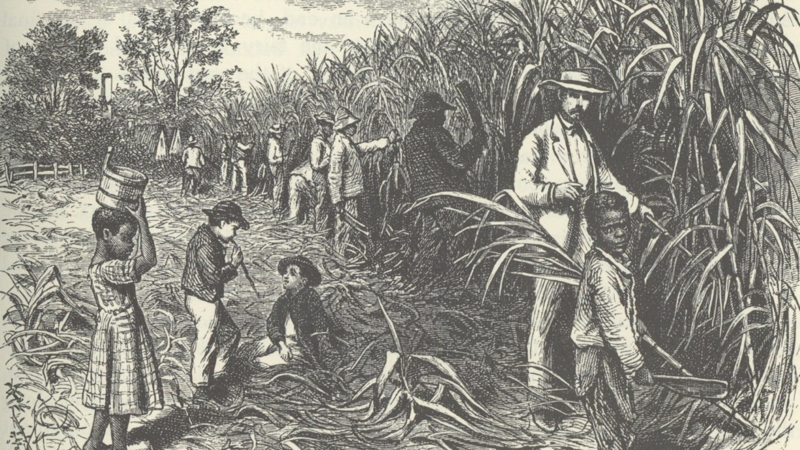
This exhibit from the Amistad Research Center and the Louisiana ACLU provides a case study of how the pipeline from slavery to mass incarceration spans generations. After the transatlantic slave trade was outlawed in 1807, domestic slave trade took hold in Louisiana, making New Orleans the country's largest slave market.

CBS 60 Minutes contributor Oprah Winfrey meets activist Bryan Stevenson to tour the memorial in Montgomery, Alabama. The memorial honors more than 4,000 victims of lynching in America. Bryan Stevenson's Equal Justice Initiative (EJI) is committed to ending mass incarceration and excessive punishment in the United States, to challenging racial and economic injustice, and to protecting basic human rights for the most vulnerable people in American society.

The Legacy Museum: From Enslavement to Mass Incarceration is situated on a site in Montgomery where enslaved people were once warehoused. A block from one of the most prominent slave auction spaces in America, the Legacy Museum is steps away from an Alabama dock...
Information Links

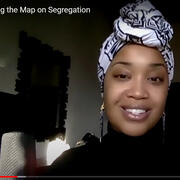
- Exhibit
In this virtual conversation, which is part of the “Mapping as Knowing” lecture series at Yale's Franke Program in Science and the Humanities, social justice artist and photographer, Tonika Lewis Johnson discusses how her creative work explores urban segregation in Chicago. With its resources for positive collaboration across racial divisions in Chicago, The Folded Map Project serves as a tool for understanding, an empathy generator, and a conduit for action.
Visit the Folded Map Project and watch the documentary film here.
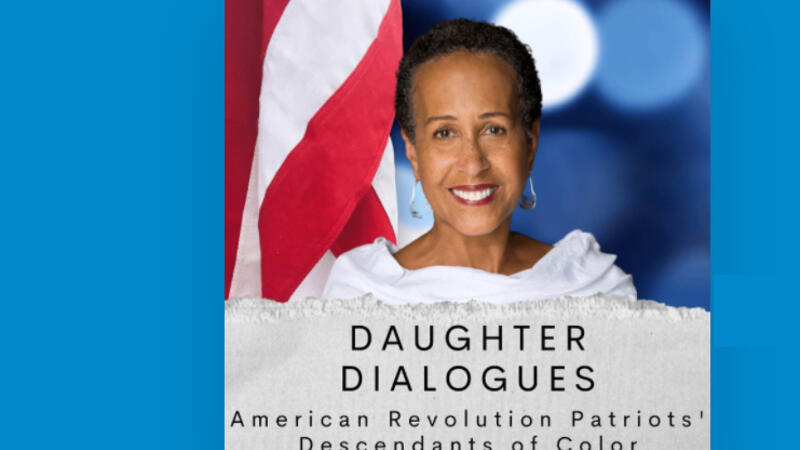
In this oral history project, today’s Black members of the Daughters of the American Revolution (DAR) create new narratives of American patriotism. They re-define African Americans’ place in the nation's founding legacy and chart a path forward arm-in-arm with White, Latinx, and Native American sisters. Karen Batchelor is the first black woman admitted to the DAR in 1977. Her episode in this podcast series tells a family civil rights story; how the child who integrated a school system in Detroit, MI grew up to be the woman who integrated the DAR.
Listen to the Podcast Episode: The First Black Member of the DAR
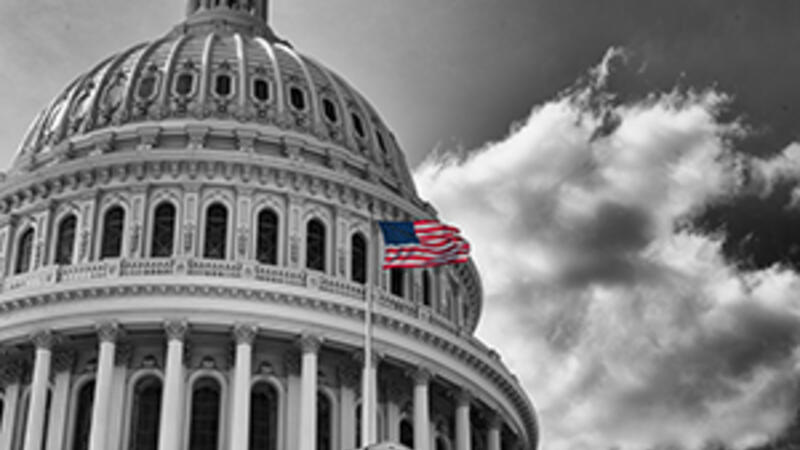
In 1898 a racially motivated group of insurrectionists deposed a bi-racial, legally elected government in Wilmington, NC and staged a successful coups d'etat. The story was buried in history, reframed as a patriotic event bearing little resemblance to the real act in which an unquantified number of Black citizens were killed. Hundreds more left for the north as refugees of the city they once called home. No one was ever held accountable and Wilmington would not see another Black elected official until 1972. This article in The Atlantic compares the 19th century event to the 21st century mob attack on the US Capitol.

As part of the Inheritance series in The Atlantic magazine, examine one writer's take on how the successes of African American civil rights activists is now in peril. Framed as a letter to the author's mother, born in 1964, this essay brings a personal perspective to the impact of the Civil Rights Movement on a real life American family. It places that story in the context of a multigenerational history that is still unfolding in 2020.
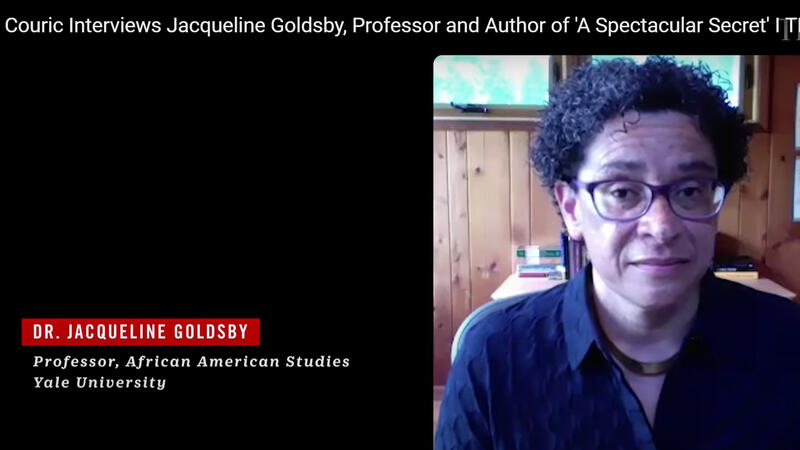
Yale Professor Jacqueline Goldsby talks with Katie Couric about the murder of George Floyd and places it in the context of a history of violence against Black Americans. She advocates for the importance of developing a language around police 'lynchings'. Goldsby is Professor of English, of African American Studies and of American Studies.
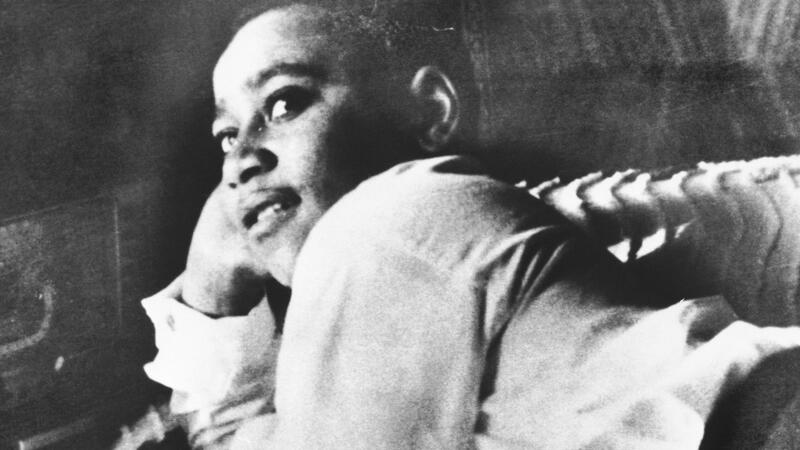
Yale’s Elijah Anderson, Sterling Professor of Sociology, Director, Urban Ethnography Project; Professor of African American Studies reflects on Trayvon Martin, the young man who was shot and killed in Sanford, Florida by "neighborhood watch" enforcer, George Zimmerman. Professor Anderson considers this current event in light of the 1955 murder of Emmett Till and discusses "how racial prejudice in America has changed in the last sixty years.”
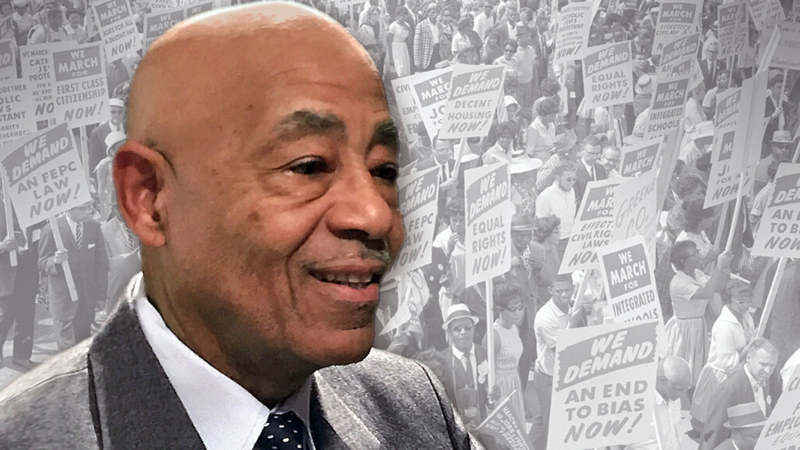
Most ceremonies honoring Dr. King’s life and vision will likely hone in on what many tout as “the dream.” Another familiar refrain during these ceremonies...
Continue reading "Dr. King in Memoriam" by Professor Ferentz LaFargue
Growing up in a predominantly white community in Illinois in the 1950s, Gerald Jaynes dreamed of racial equality in the United States long before he even knew who Martin Luther King Jr. was...
Continue reading "Yale’s Gerald Jaynes on MLK and the enduring quest for racial justice"
Information Links

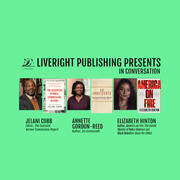
- Liveright Conversations
Jelani Cobb, Annette Gordon-Reed, & Yale Professor Elizabeth Hinton
Yale’s Elizabeth Hinton discusses her forthcoming book America on Fire: The Untold History of Police Violence and Black Rebellion Since the 1960s (May, 2021). Together with Jelani Cobb and Annette Gordon-Reed, she traces the legacy of racial injustice in the United States and the ongoing struggle to both commemorate and make sense of protest and rebellion from emancipation to the death of George Floyd.
Elizabeth Hinton on Black Lives Matter and the new HBO Film, Judas and the Black Messiah
Watch the HBO Preview of the film Judas and the Black Messiah
ELIZABETH HINTON is a professor of history, African American studies, and law at Yale University
Information Links
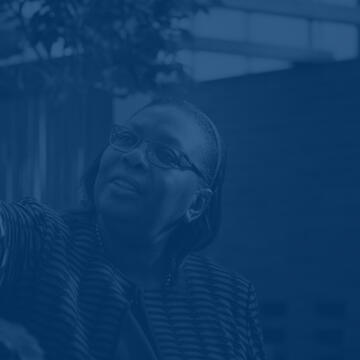
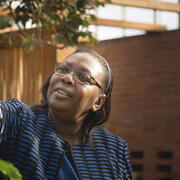
- Profiles
Dorceta Taylor is Professor of Environmental Justice at the Yale School of the Environment. In 2020, the American Association of Retired Persons (AARP) named her one of the six people continuing Dr. Martin Luther King’s legacy through her work. She has been quoted as saying, “In King’s day, we fought to drink from the same fountain. Today we fight to drink the same quality water.” Her research covers urban agriculture, food access, and food insecurity.
Learn About Taylor's Book: The Environment and the People in American Cities
Profiles: Modern-Day Black Civil Rights Leaders
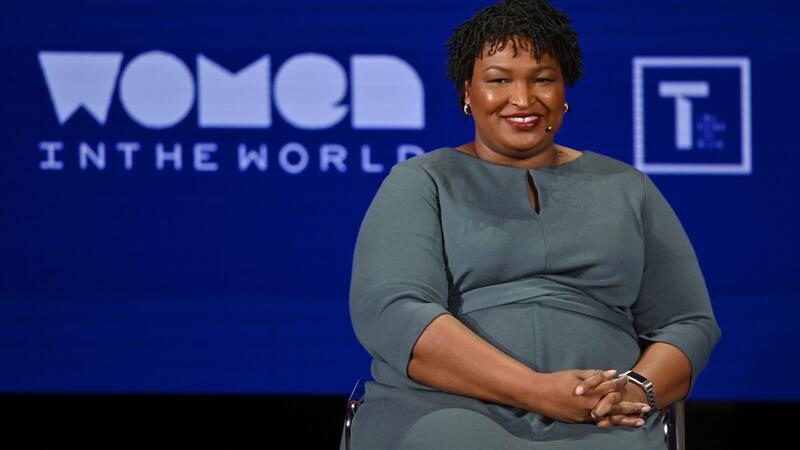
On April 17, 2019 the Yale Law Women (YLW) presented its Alumni Achievement Award to Stacey Abrams ’99. Abrams is the first woman to lead either party in the Georgia General Assembly and the first African American to lead in the Georgia House of Representatives.
Continue Reading at Yale Law School
Article: Read "The Power of Stacey Abrams" in The Washington Post
Abrams' Book: Lead from the Outside: How to Build Your Future and Make Real Change
Abrams' Book: Our Time in Now: Power, Purpose, and the Fight for a Fair America
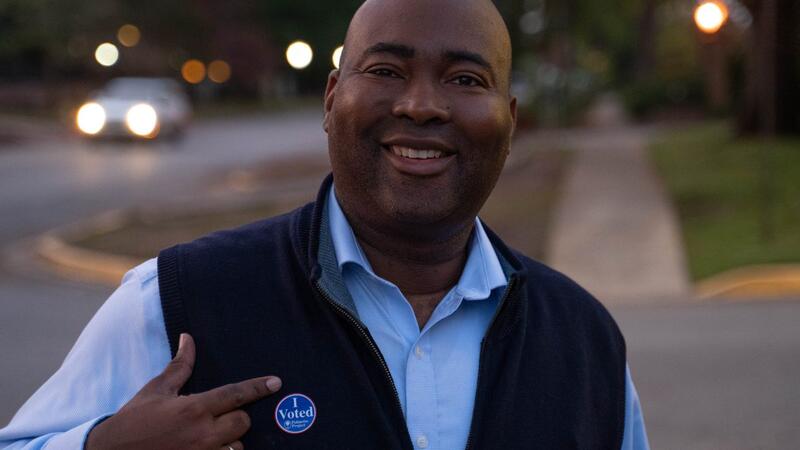
Jaime Harrison is a former U.S. Senate candidate who lost to Republican Lindsey Graham in November, but not before shattering fundraising records. Now Harrison is the new chairman of the Democratic National Committee, selected by President Biden.
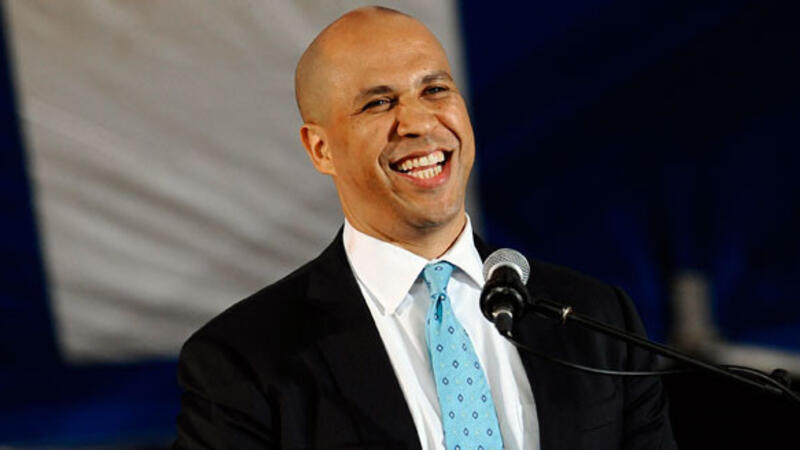
Corey Booker ’97 J.D.
As a law student, the Senator helped to establish the Jewish society Shabtai. Booker, who does not practice Judaism, joined forces with New Haven Rabbi Shmully Hecht and several other students at the time. Hecht, decades later, is still the preeminent figure in Shabtai and has built an expansive national network of his own.
Continue reading in Yale Daily News
Information Links
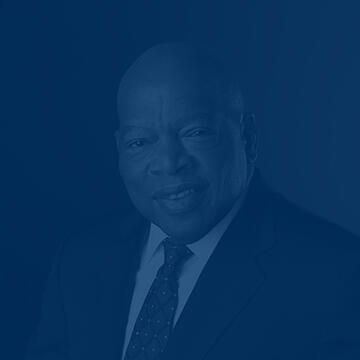
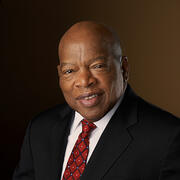
- Profiles
In "John Lewis’s Last Lesson for Leaders," Yale SOM' Jeffrey Sonnenfeld reflects on the lessons he learned from the civil rights pioneer and congressman John Lewis about voice, courage, integrity—and the dangers of being too patient. Sonnenfeld is Senior Associate Dean for Leadership Studies & Lester Crown Professor in the Practice of Management. U.S. Representative John Lewis, D-Ga. received an honorary doctorate from Yale Law School in 2017.
Continue reading in Yale Insights
Additional reading:
Article: John Lewis: From Civil Rights Titan to Black Lives Matter
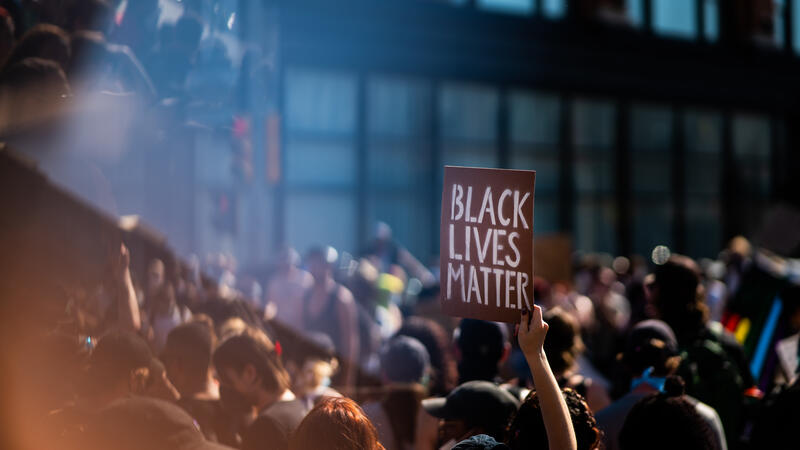
What should you read next to understand what's happening Right Now? How can you do something in your family, your community, the larger society? These three curated lists from Yale's leadership offer recommendations and resources.
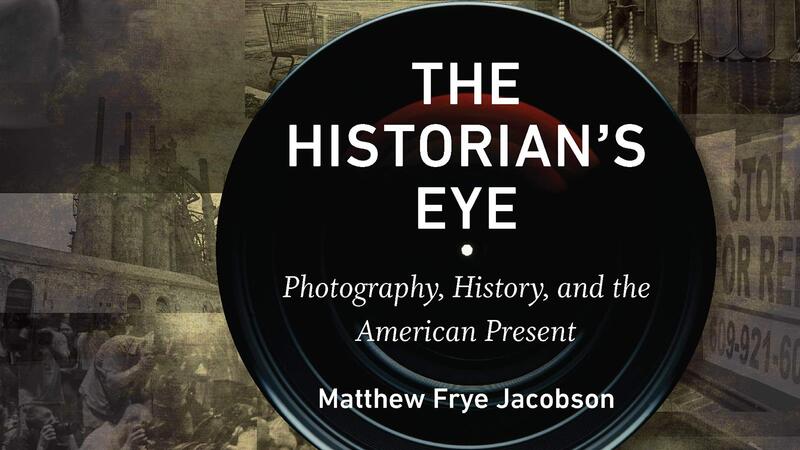
Between 2009 and 2013, as the nation contemplated the historic election of Barack Obama and endured the effects of the Great Recession, Matthew Frye Jacobson set out with a camera to explore and document what was discernible to the "historian's eye" during this tumultuous period. This book presents more than 100 images alongside Jacobson's recollections of their moments of creation and his understanding of how they link past, present, and future.
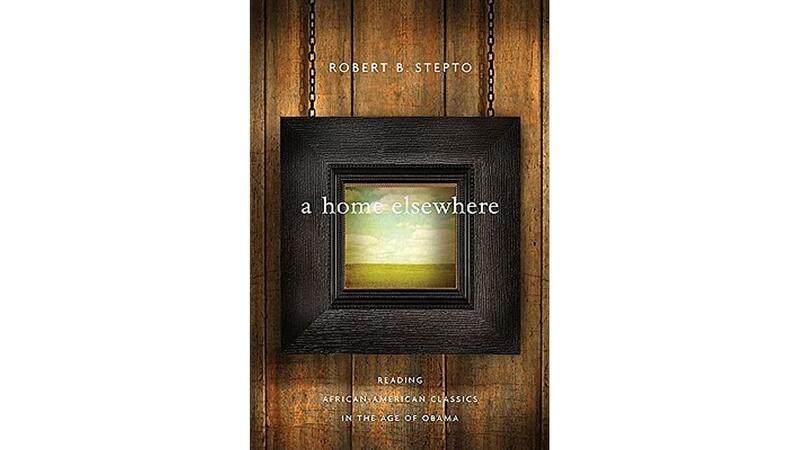
In this series of interlocking essays, which had their start as lectures inspired by the presidency of Barack Obama, Robert Burns Stepto sets canonical works of African American literature in conversation with Obama’s Dreams from My Father. The elegant readings that result shed surprising light on unexamined angles of works ranging from Frederick Douglass’s Narrative to W. E. B. Du Bois’s Souls of Black Folk to Toni Morrison’s Song of Solomon.